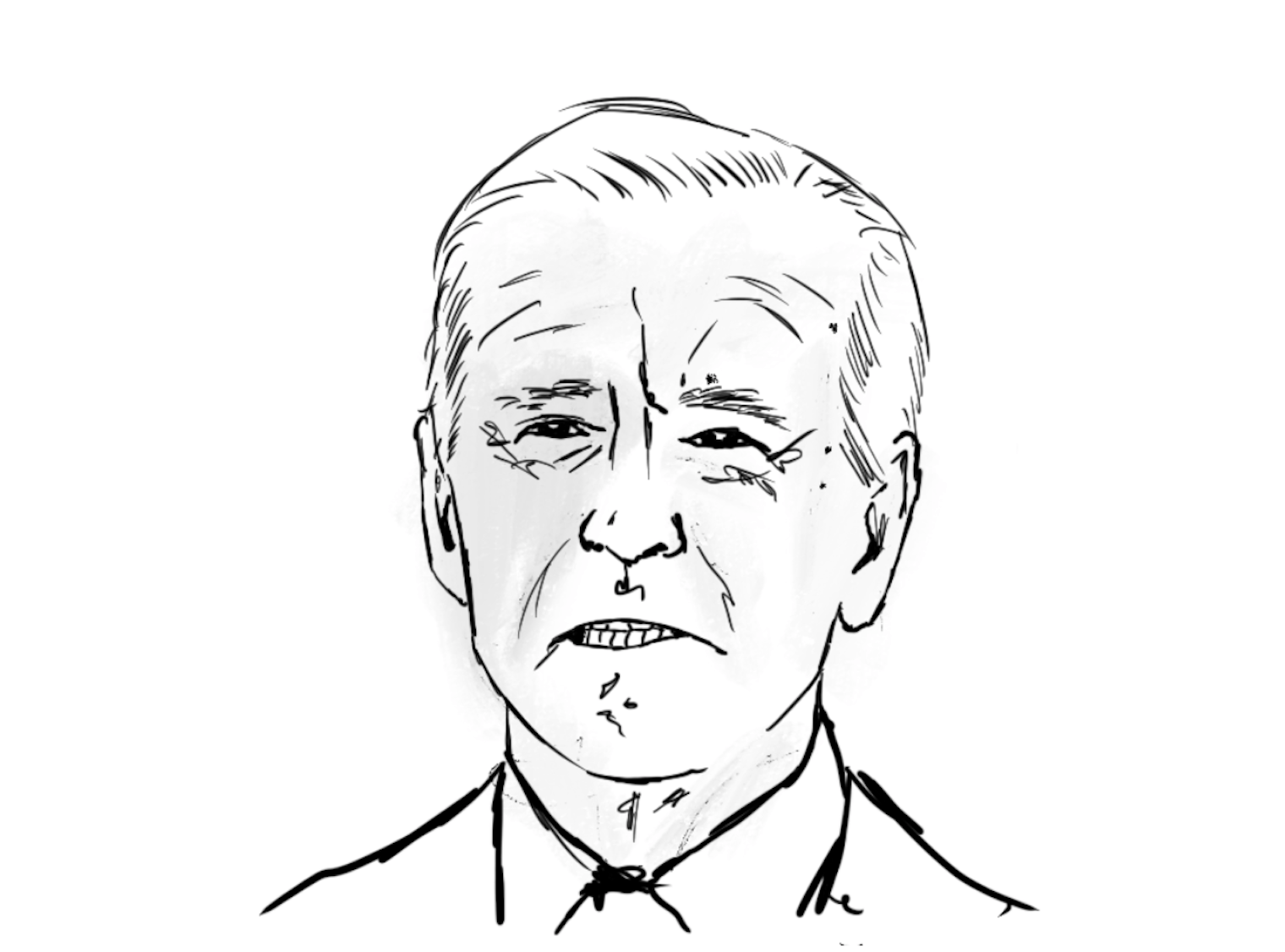
Tether, a stablecoin issuer, has announced it will freeze wallets using USDT to evade Venezuelan sanctions following reports that Venezuela's state-run oil company PDVSA increased its use of Tether after the U.S. reimposed sanctions on oil exports.
According to multiple sources, including Reuters and CoinDesk, PDVSA has been using USDT via intermediaries to bypass U.S. sanctions since last year when the U.S. imposed restrictions on Venezuela's oil industry due to concerns over its election process.
Tether froze 41 wallets tied to the Office of Foreign Assets Control (OFAC) Specially Designated Nationals (SDN) list in December 2023, and a spokesperson for Tether told CoinDesk that it remains committed to working with OFAC to ensure sanctioned addresses are frozen properly.
PDVSA's use of USDT allows the company and its counterparties to avoid transacting in cash that could be seized by the U.S. in foreign bank accounts, making it a popular choice for evading sanctions.
The U.S. Treasury Department requires PDVSA customers and providers to wind down transactions with the Venezuelan state-run oil company by May 31 due to Venezuela's failure to implement electoral reforms.
In October 2023, Tether froze 32 crypto addresses tied to terrorism and warfare in Israel and Ukraine. However, it took a stance against freezing wallets tied to sanctioned coin mixing service Tornado Cash in the past.
Venezuela began experimenting with cryptocurrencies in 2018 as a means to bypass U.S. sanctions but shelved its original crypto project, Petro, following a lack of adoption.
The Venezuelan presidential elections began on April 23, 2024, but as of now, no sanctions have been suspended by the U.S., despite signing two Memorandums of Understanding (MOUs) with Venezuela in September 2023 regarding Venezuelan migration to the U.S. and a commitment from the U.S. to rescind all sanctions against Venezuela once the election process began.
The Barbados Accord between the U.S. and Venezuela, signed in October 2023, allowed all candidates who meet Venezuela's Constitutional laws and electoral procedures to run for office and lifted all sanctions against Venezuela, excluding specific individuals.

/arc-photo-coindesk/arc2-prod/public/LXF2COBSKBCNHNRE3WTK2BZ7GE.png)


